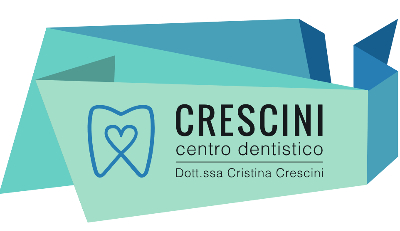
Gnatologia │ Brescia
Gnatologia si occupa dei problemi dell'articolazione temporo-mandibolare con una visita accurata, cerca di capire la causa e si cerca di prevenire l’usura dentale e di disordini del articolazione attraverso l’uso di placche/bite che aiutano anche tutto l’apparato muscolare .
Tumore del cavo orale - Domande e risposte
1Cosa comporta una visita preventiva?
Prima si fà diagnosi di cancro migliore è la prognosi e minori i danni della chirurgia, più tardi si fà la diagnosi più è difficile curarlo ed eradicarlo e si creano lesioni a tutto l'apparato masticatorio che sanno più difficili da trattare riducendo il benessere del paziente.
2Quali sono i sintomi ed i segni?
Il tumore del cavo orale ha diversi segni e sintomi inclusi leggeri cambiamenti di colore delle mucose, molti sintomi sono associati ad altri tipi di patologie e di alterazioni della salute per questo si deve fare una diagnosi differenziale monitorando i cambiamenti ed i peggioramenti nel tempo. Il dolore associato può essere ovunque nella bocca, osso mandibolare, orecchie, naso gola.Le lesioni e le piaghe che non guariscono sono spesso indice di tumore soprattutto se associate a uso di tabacco e fumo.
Oral Cancer Screening - Q & A
1What Are the Benefits of Oral Cancer Screening?
Oral cancer screenings offer many benefits to the patient. During a yearly exam, the doctor evaluates the patient's overall oral health. An oral cancer screening can detect many different abnormalities that can be indicative of both cancer and other serious illnesses. Lesions, sores, and abscesses can indicate the potential for diabetes, sexually transmitted diseases, and poor digestion that causes stomach acid to find its way back up the esophagus and into the mouth. Oral cancer screenings can provide the dentist with valuable information about other areas of a person's health that may not be apparent at the time.
2What Does Early Detection Accomplish?
Early detection, especially where oral cancer is concerned, is critical. The earlier the cancer is detected, the more treatment options are available. The further advanced the cancer is the harder it may be to effectively treat. Early detection allows the patient to seek treatment at a point when the treatment is the most effective. By catching the cancer early, the treatment may involve less invasive procedures during the removal of the cancerous area. It also gives the doctor the opportunity to recommend procedures that can help restore form and function to the mouth once the cancer has been removed.
3What Are the Signs and Symptoms of Oral Cancer?
Oral cancer has many signs and symptoms including slight color change. Many of the symptoms are also associated with other types of disease and health conditions so it is important to monitor them to see if they change or become worse over time. Pain associated with oral cancer can be anywhere in the mouth. It can be near the ear, nose, jawbone, or throat. Lesions and sores that do not heal are also indicative of oral cancers, especially those associated with smoking or tobacco use.
